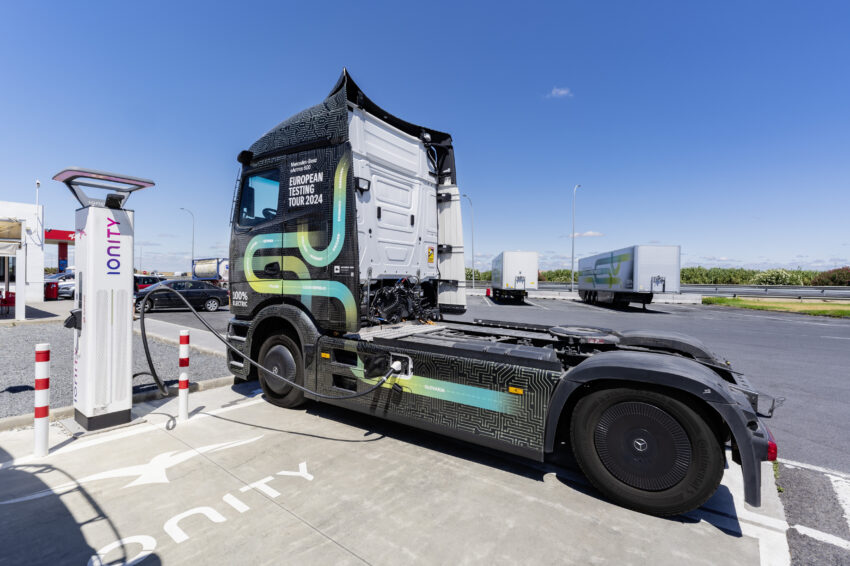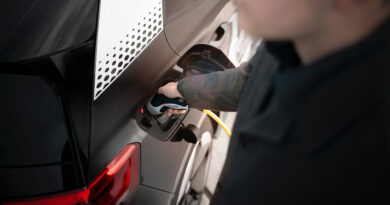How we can drive the trucking industry towards a greener future
The haulage industry can play a massive role in decarbonising our roads, but it needs help to get there, writes Keith Watson, European director of EO Charging
The transportation sector is a significant contributor to carbon emissions each year, and trucks, with such an indispensable role in today’s global supply chain, account for a substantial portion of this. Figures show that by 2030 heavy trucks will peak at over 2 billion tonnes of CO2 emissions globally. Here in the UK, we rely heavily on trucks for transportation, far exceeding our use of rail. 89% of all goods transported within the UK are moved by road, and only about 11% are transported by rail. As a developed nation, we need to reassess this now to lessen our contribution to global carbon emissions.The previous UK government set the intention to ban the sale of new petrol and diesel trucks by 2040 as part of the decarbonisation plan but there is a lot of work to be done from the side of policy and regulation to get the conditions right for this to be achieved.For policymakers, the task is to address two key challenges; financial support for the upfront costs associated with electrification and the availability of charging infrastructure. This is where the opportunity lies for the EV industry and the new government to make electric trucks a reality in the UK.
Battling barriers to adoption with legislation
The reality of our charging infrastructure in the UK is stark: only one public rapid recharging point is currently available for electric HGVs. This limited availability makes supporting long-haul journeys for these trucks impractical, hindering their widespread deployment on the road. To overcome these barriers, the Road Haulage Association (RHA) in particular, is asking for collaboration with industry, investment and a clear intention to progress in this area. The RHA is also developing a trial network of HGV charging points and expediting planning applications for electric substations at depots. Additionally, the Charging Interface Initiative (CharIN), a global association, has been working on establishing a standardised solution for the rapid charging of trucks for several years.Beyond charging infrastructure, a significant challenge in electrifying truck fleets is the substantial upfront cost. This is where government support can be crucial.In the UK, the government currently offers grants through the Plug-in Truck Grant scheme, which provides financial support for purchasing electric trucks. However, more substantial support is needed, particularly when this scheme ends in 2025.To move forward, the industry should take note from the bus industry, where local government funding is playing a huge role in helping to electrify bus routes. For instance, the government could look into adopting similar existing initiatives for e-trucks as they have done with the Ultra Low Emission Bus Scheme and the Zero Emission Bus Regional Areas (ZEBRA) scheme. The scheme has provided a lifeline to bus operators and helped local governments meet their net-zero goals.We can see a commitment to electrifying the trucking industry to achieve significant reductions in carbon emissions, but collaboration and streamlined funding should be a priority for the new government in addressing the infrastructure problem. The new government could look into investing in robust charging infrastructure and offering financial incentives, like they did with the ZEBRA scheme for e-buses. This commitment is essential to achieving decarbonisation goals and ensuring a sustainable future for the nation’s transportation sector, meaning the time for decisive action is now.






